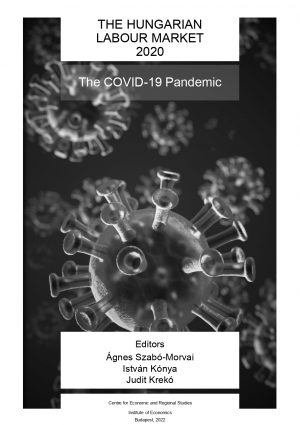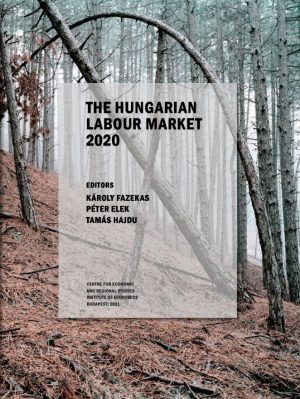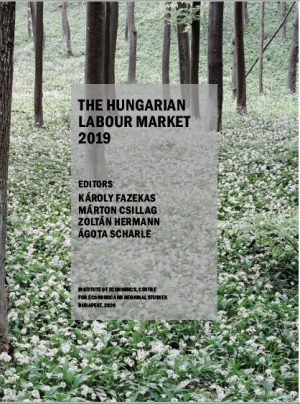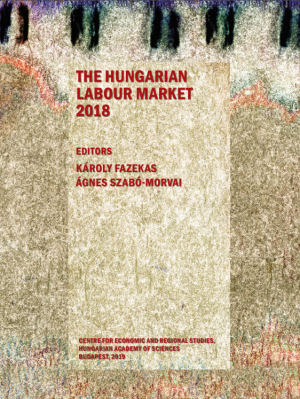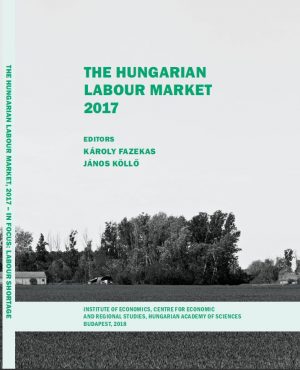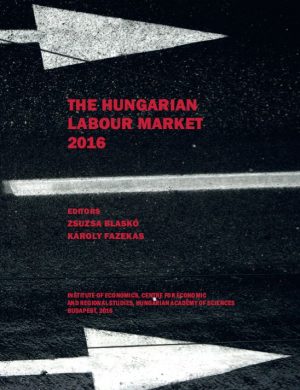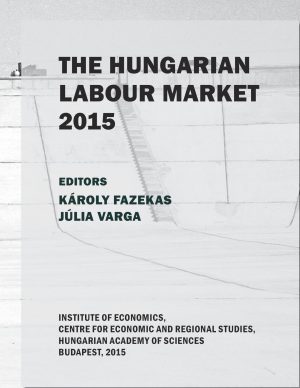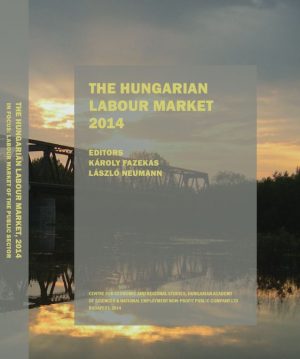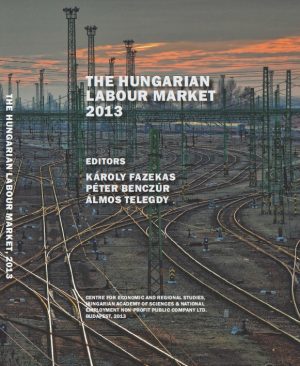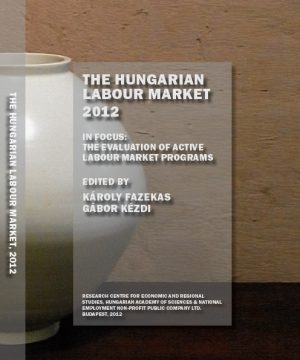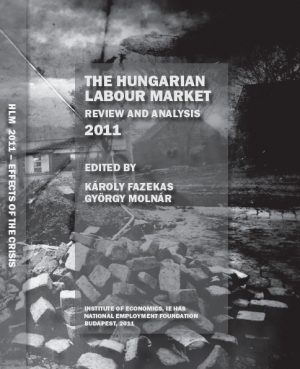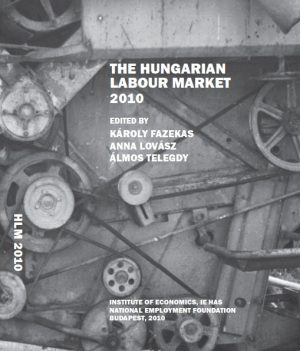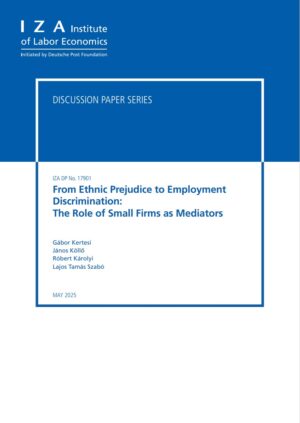The Hungarian Labour Market Yearbook series was launched in 2000 by the Institute of Economics, in order to report on the processes and latest trends of the Hungarian labour market and employment policy, and provide an in-depth analysis of a particular subject each year.
In compiling the content of each yearbook, the intention of the editorial board is to deliver relevant and useful information on the labour market trends and the legislative and institutional background of employment policy in Hungary, and on the latest findings of Hungarian and international research studies.
The book can be downloaded in one file.


